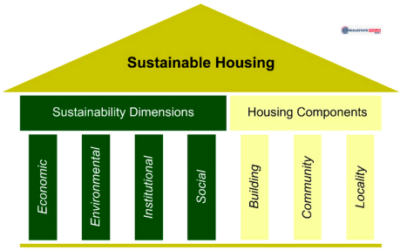

From Pulpits to Ponzi: How a California CEO Allegedly Preyed on Faith and Fortune
For nearly two decades, Kenneth Mattson walked a fine line between real estate visionary and alleged fraudster. Today, that line has snapped.
The Securities and Exchange Commission (SEC) has charged the former CEO of LeFever Mattson, a once-celebrated real estate investment firm, with defrauding nearly 200 investors of at least $46 million in what regulators describe as a Ponzi-like scheme. According to the SEC’s complaint, the San Francisco Bay Area businessman exploited personal relationships, particularly within his church community, to convince mostly elderly, retired individuals to invest in fake ownership stakes in real-estate partnerships that never existed.
A Scheme Cloaked in Trust
Mattson’s story reads like a cautionary tale about the dangerous intersection of trust, financial naivety, and unchecked ambition. From 2007 to 2024, the SEC alleges, Mattson lured investors into what they believed were legitimate real estate ventures, only to funnel the new capital into sustaining a crumbling empire and funding personal luxuries. The partnerships he offered didn’t provide any actual ownership and worse, the money never made it into the company’s books.
To maintain the illusion of success, Mattson allegedly provided investors with falsified tax documents and made “Ponzi-like” payments using new funds to pay returns to earlier investors. This, the SEC claims, allowed the scheme to persist under a veneer of legitimacy for years.
The Church Connection
Perhaps most unsettling is the personal angle: many of the investors knew Mattson through church. They were not strangers or distant clients; they were fellow congregants, friends, and community members. This connection added an extra layer of trust and an even deeper sense of betrayal.
Sam Waldon, Acting Director of the SEC’s Division of Enforcement, minced no words: “The SEC is firmly committed to pursuing those who prey on retail investors and retirees, such as the individuals we allege that Mattson targeted.”
The Rise and Unraveling of a Real-Estate Empire
Mattson, along with his longtime business associate Timothy LeFever, once stood as titans of a vast real estate empire in California’s scenic wine country. But even before the SEC’s charges, cracks were forming. Investors had begun filing lawsuits, alleging deceit, financial irregularities, and betrayal. The Wall Street Journal previously reported the growing storm, describing the pair as facing a wave of litigation claiming “massive investment fraud.”
While Mattson and LeFever have denied wrongdoing in earlier court filings, the SEC’s charges paint a damning picture of systemic abuse and deception. The current complaint accuses Mattson of violating multiple anti-fraud and registration provisions under federal securities law.
A Broader Wake-Up Call
Mattson’s downfall is not just a personal tragedy, it is a broader warning. In an era where financial scams are growing more sophisticated, the most devastating schemes are often personal. When investment pitches come not from cold calls but warm handshakes in the church foyer, due diligence becomes all the more critical.
As the case unfolds, the broader financial community and perhaps most importantly, small investors and retirees will be watching closely. The outcome may offer not just justice for victims, but a lesson in skepticism and financial self-protection in an age where trust can be weaponized.




































